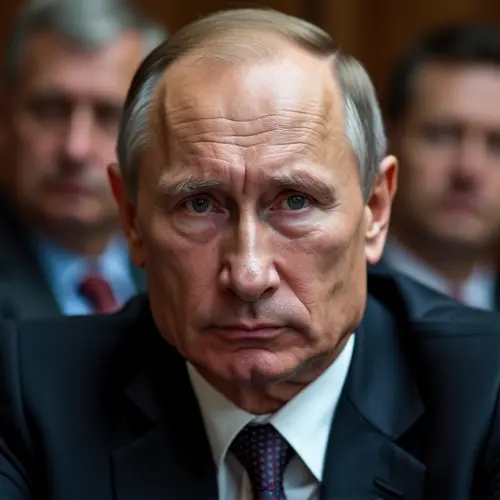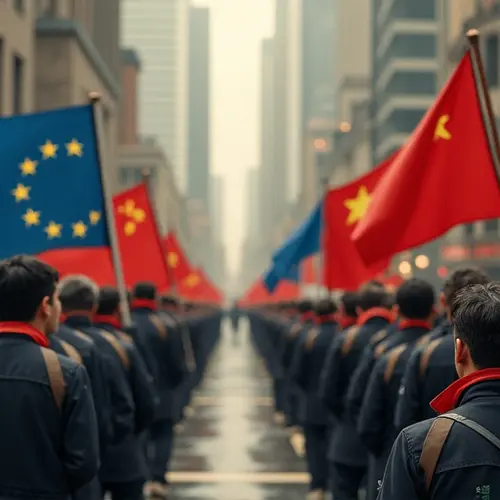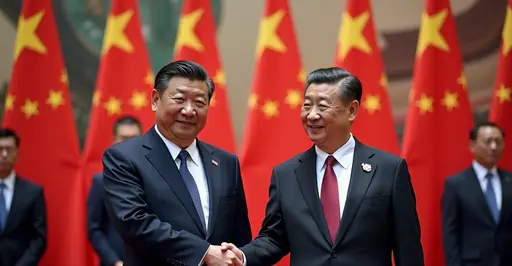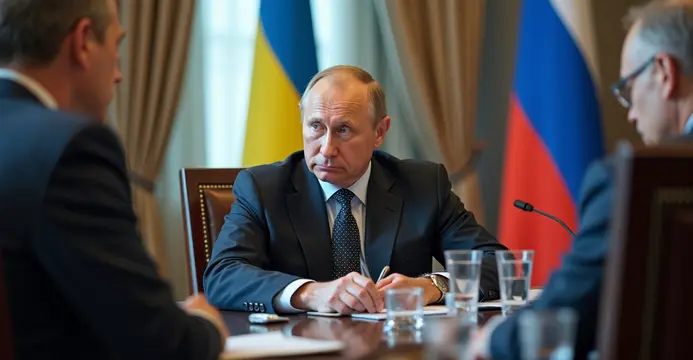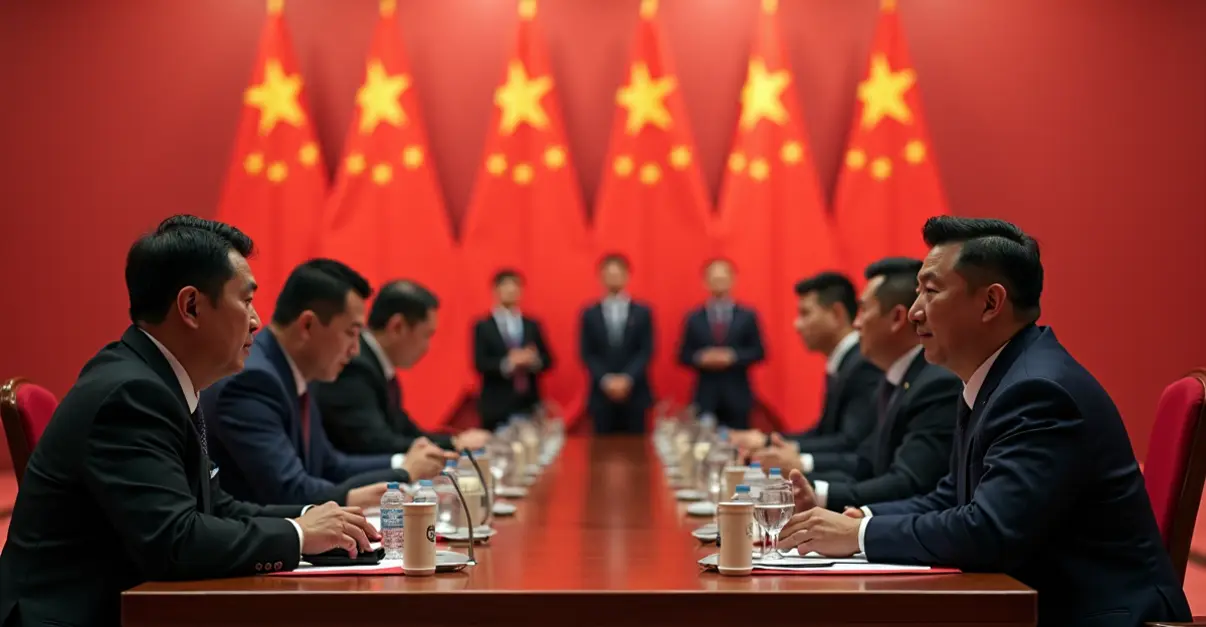
Largest Shanghai Cooperation Organisation Summit Convenes in China
The Shanghai Cooperation Organisation (SCO) is holding its largest-ever summit in China, bringing together leaders from Russia, India, Iran, and dozens of other nations and international organizations. Despite the impressive attendance, experts suggest the event is primarily symbolic with few concrete policy outcomes expected.
Expanding Regional Influence
The SCO has expanded significantly in recent years, growing from its original "Shanghai Five" formation in 1996 to include ten full member states covering approximately 24% of the world's total area and 42% of global population. The organization represents around 23% of nominal global GDP and 36% of GDP based on purchasing power parity.
Internal Divisions and Challenges
Despite its growing membership, the SCO faces significant internal challenges. India remains skeptical of the anti-Western stance promoted by some member states, particularly China. Member countries are also divided over support for Russia in the Ukraine conflict, limiting the organization's ability to present a unified front.
Regional Anti-Terrorism Structure
The SCO's Regional Anti-Terrorism Structure (RATS) coordinates intelligence sharing and counter-terrorism efforts among member states, focusing on what it calls the "three evils": terrorism, separatism, and religious extremism. However, human rights organizations have criticized how some member states, particularly China, have used this framework to justify crackdowns on religious minorities.
Strategic Significance for China
For China, the summit represents an opportunity to position itself as a regional leader and present an alternative to Western-led international institutions. The "Shanghai Spirit" emphasizes values like equality and sovereignty, though critics note that China often fails to uphold these principles in practice.
Limited Concrete Outcomes Expected
Experts like Claus Soong from the German Merics Institute suggest that the SCO lacks the binding mutual assistance commitments of organizations like NATO, making coordinated action difficult. The organization is expected to undergo restructuring with new committees to handle conflicts more efficiently, with China taking a leading role in this reorganization.

 Nederlands
Nederlands English
English Français
Français Deutsch
Deutsch Español
Español Português
Português



